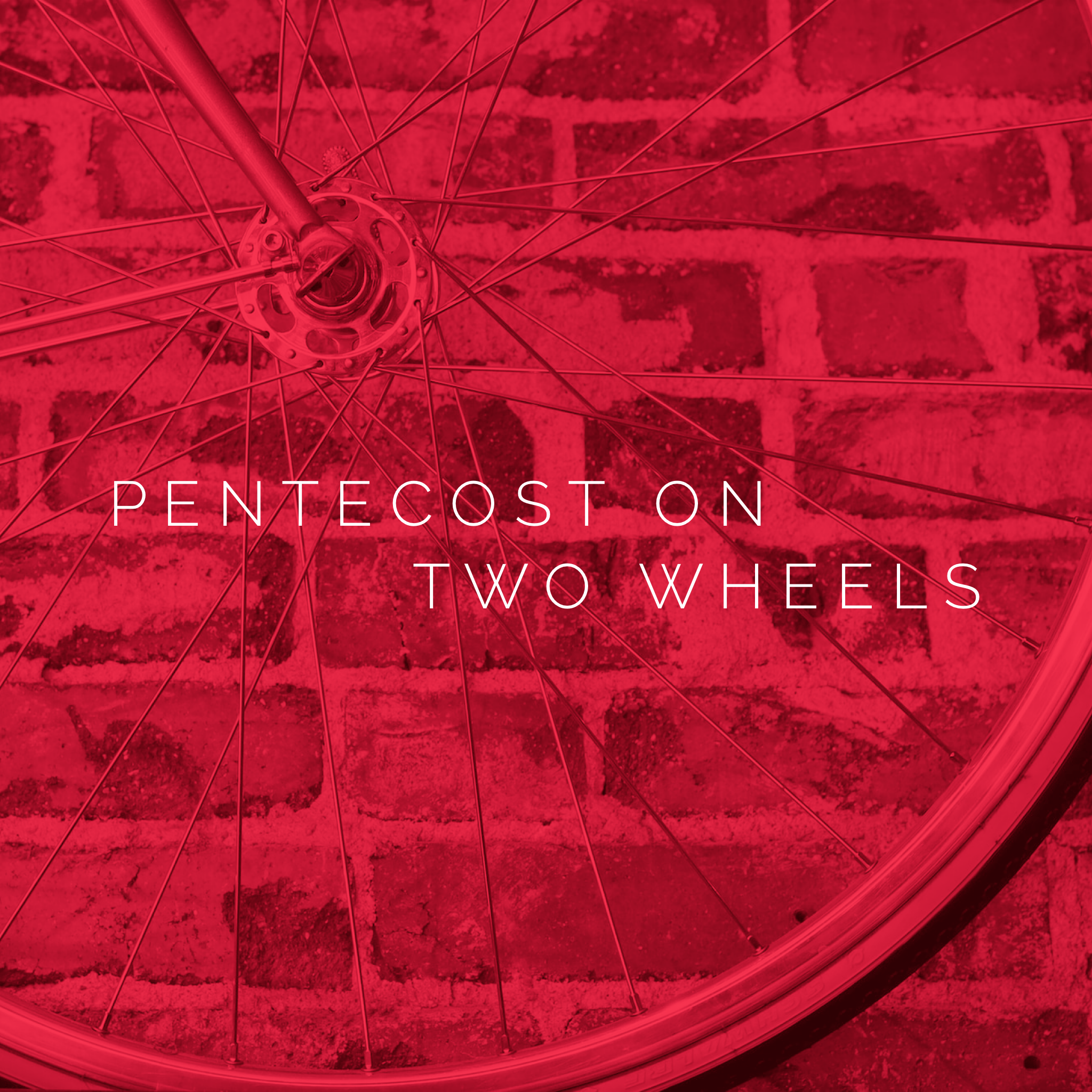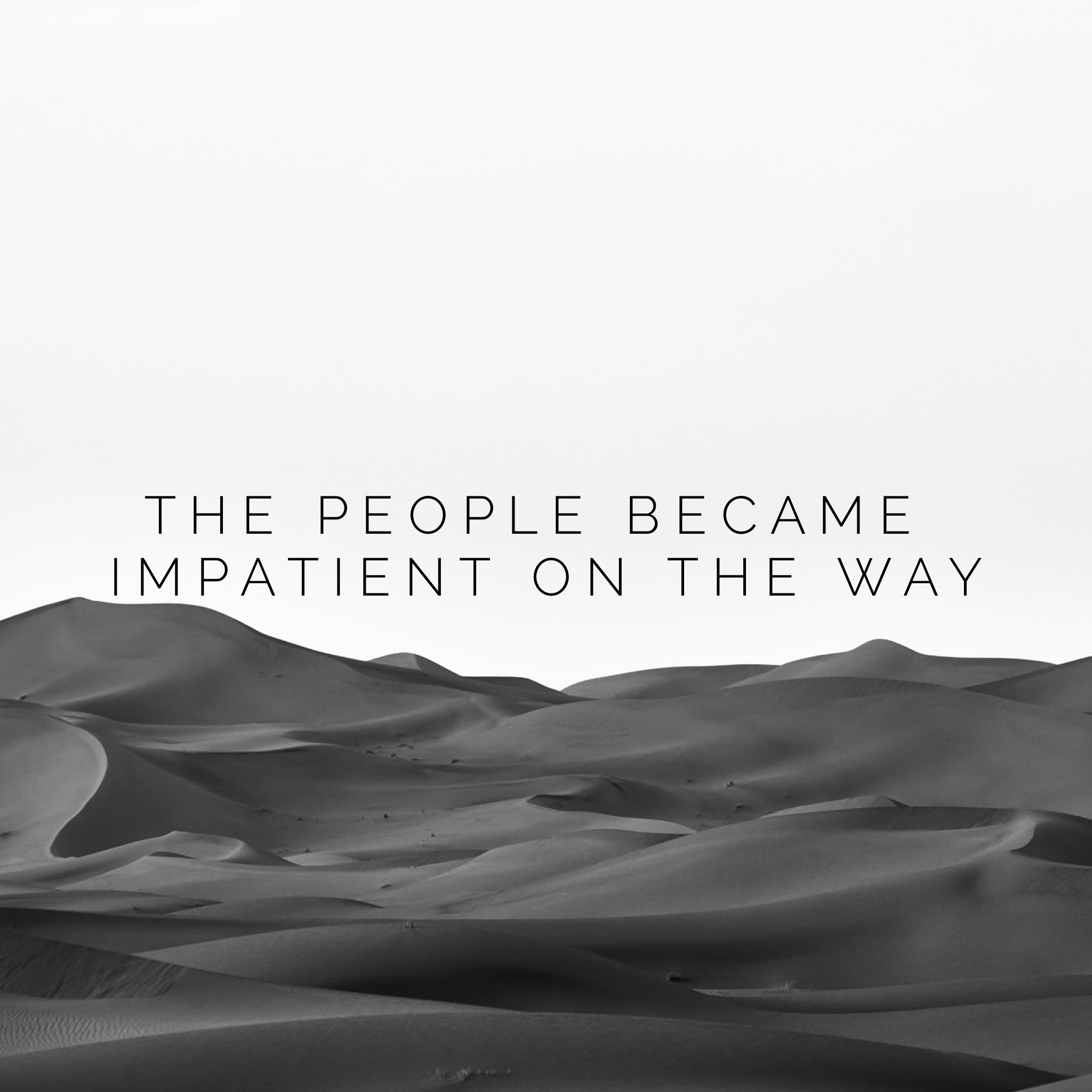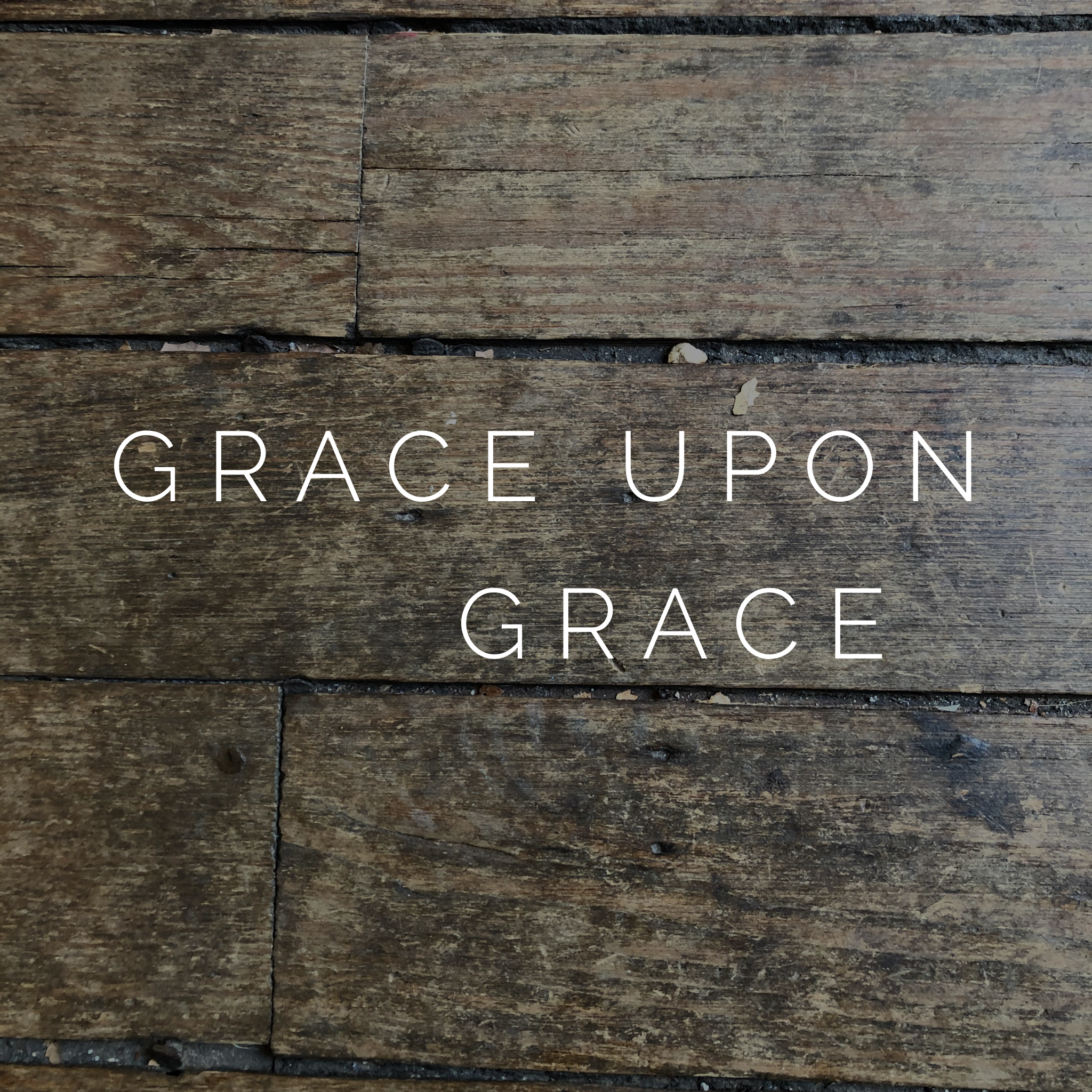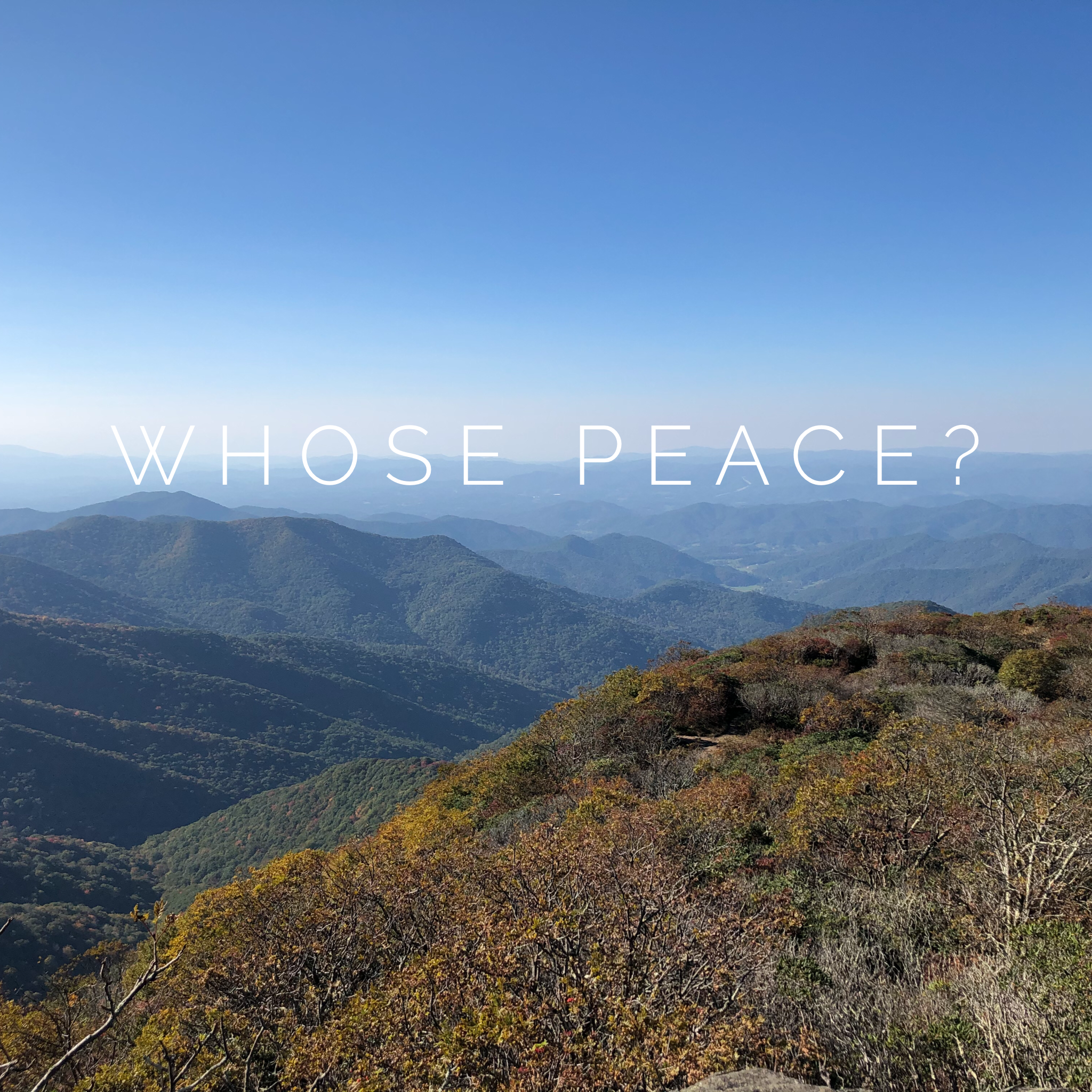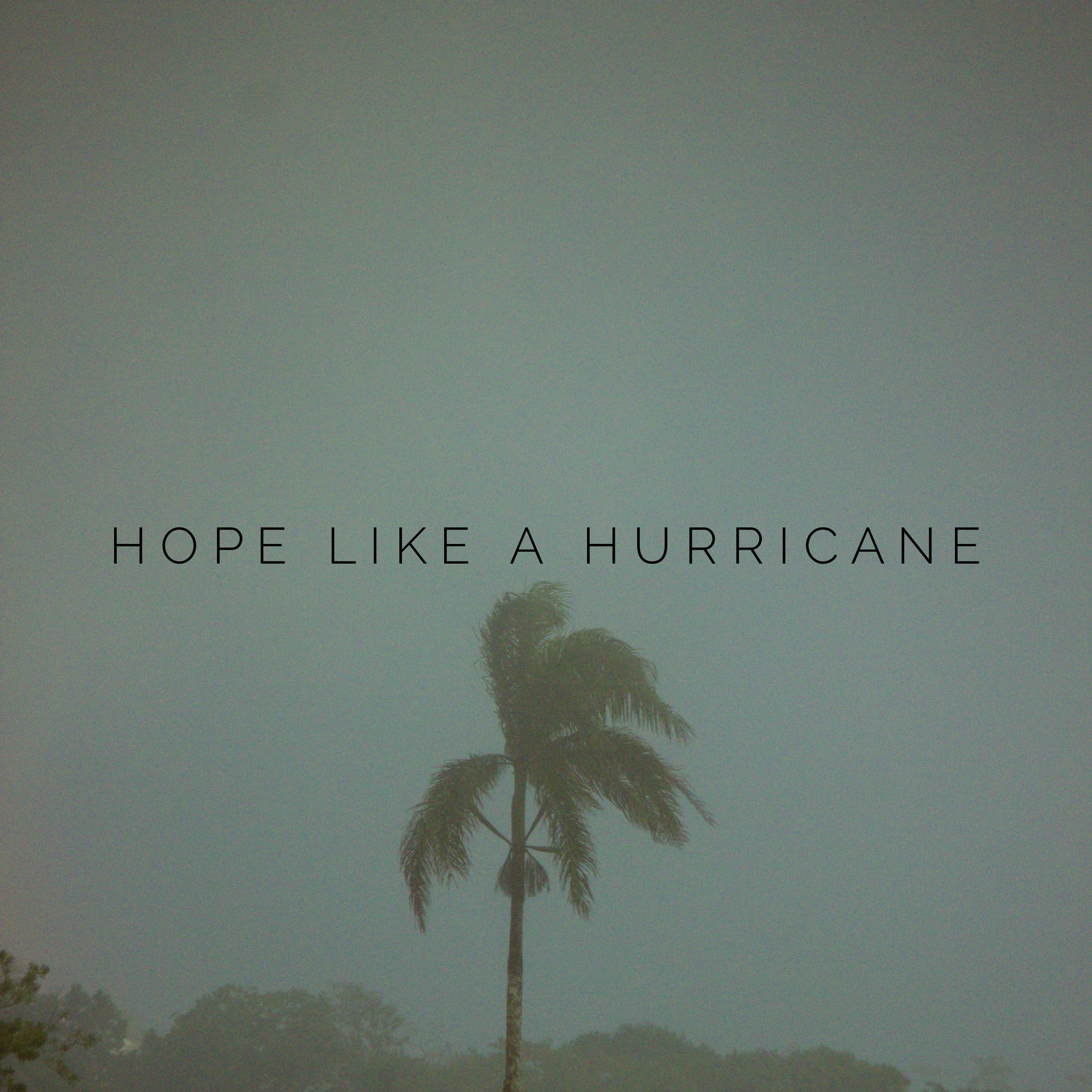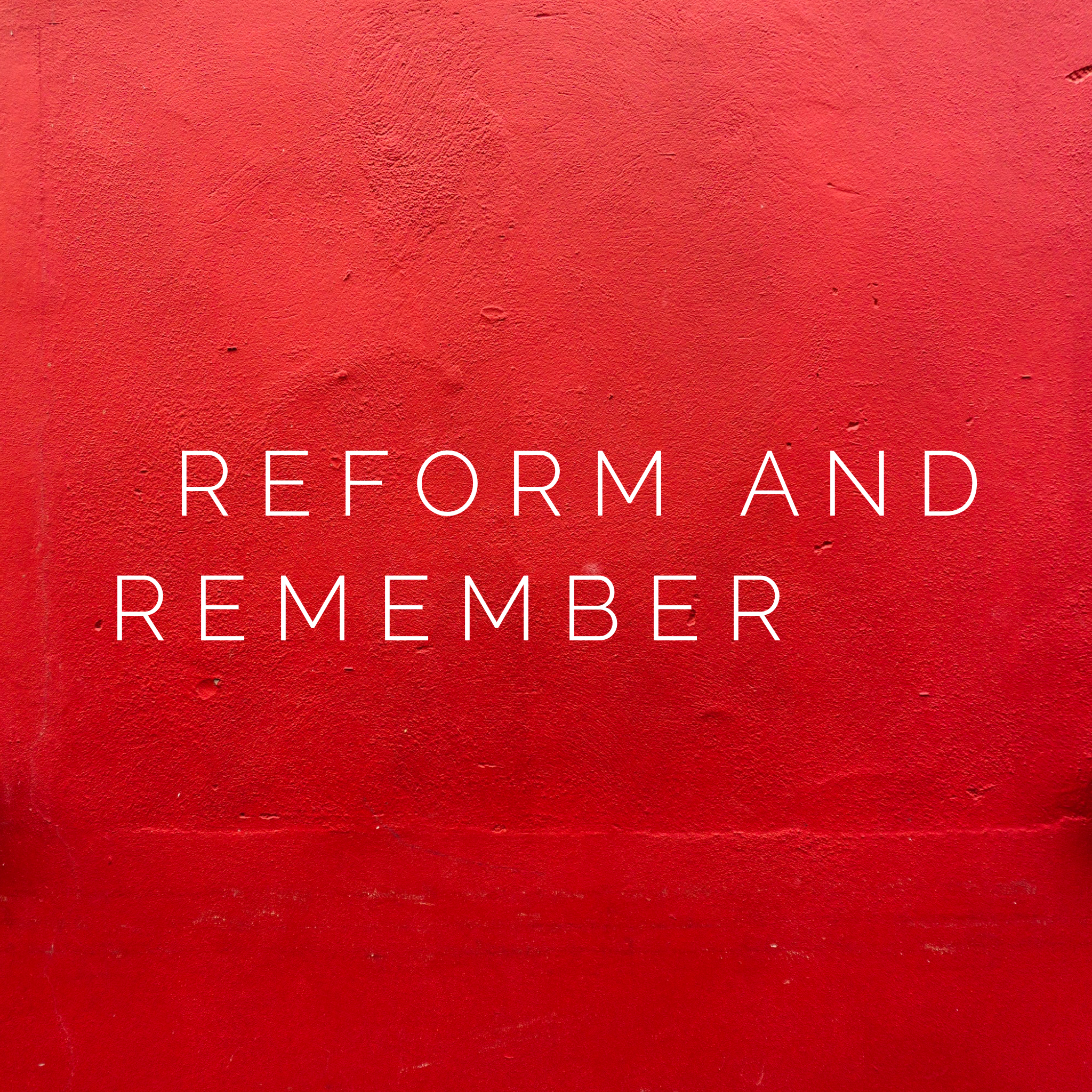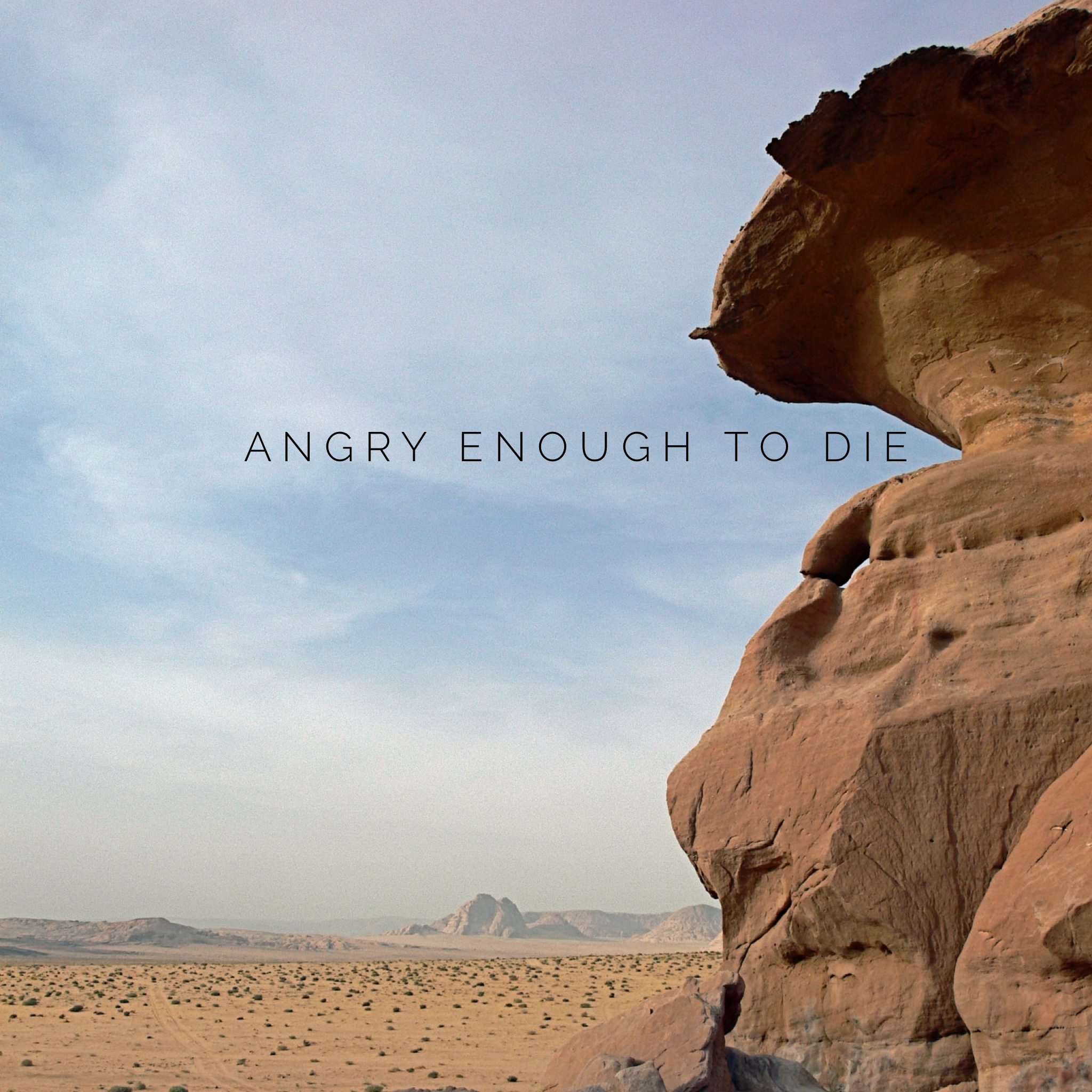My parents texted me a few weeks back and asked me what I wanted for my birthday. Birthday presents aren’t quite as exciting in your late 30s. My oldest son, whose birthday is just a few days before my own, asks for toys and Lego sets. Alright, in full disclosure, I have very recently asked to receive Lego sets for birthdays. But I wasn’t feeling that this year and I always ask for books. So I told them that I was trying to save up for a new bike and so money to go towards that would be greatly appreciated.
“You don’t want your old bike?” Mom responded.
This isn’t the first time she has asked me if I wanted my old bike. Frankly, I wasn’t sure it was in decent shape. I probably haven’t touched the thing in over 20 years. But it wouldn’t hurt to give it a try. My dad took it for a short ride. The tires were surprisingly good, the gears were a bit of a question mark, but it was decent. I figured I’d give it a shot. Mom and Dad put it on their bike rack and drove it up here from South Carolina when they came to visit us for our May birthdays.
It’s been awhile since bike riding was a regular part of my life. When we lived in Columbia, I would ride it all around my neighborhood; pretending that I was going fast enough to travel through time like Marty McFly. When we moved to Spartanburg, we lived on a curvy and narrow street on which teenagers in pickup trucks would do their best NASCAR impersonations. Riding a bike on that road felt like courting death. So I didn’t ride my bike too much after 3rd grade; not even when, as a teenager, I got the dark granite Murray that my dad set down in our Nashville driveway.




